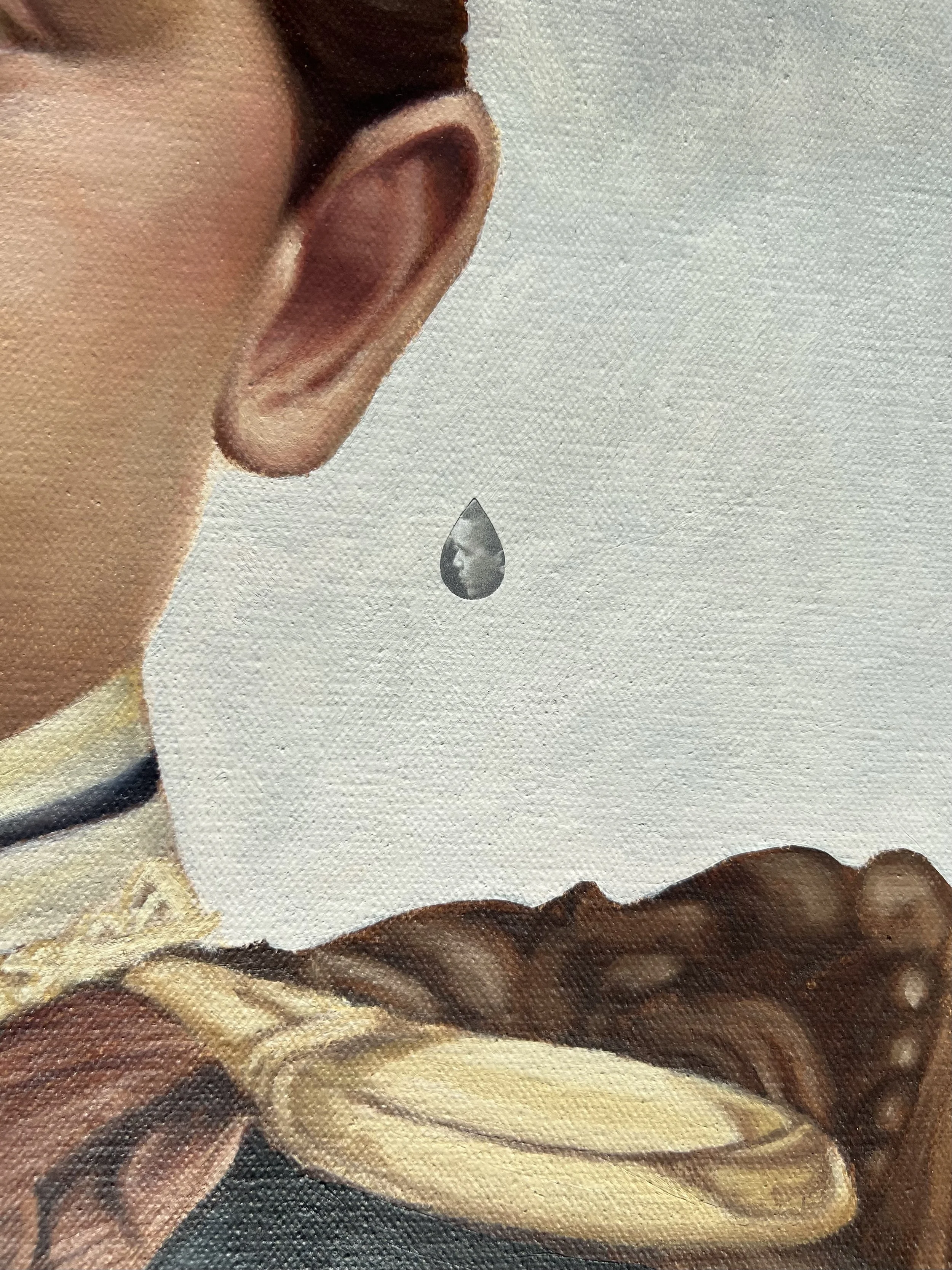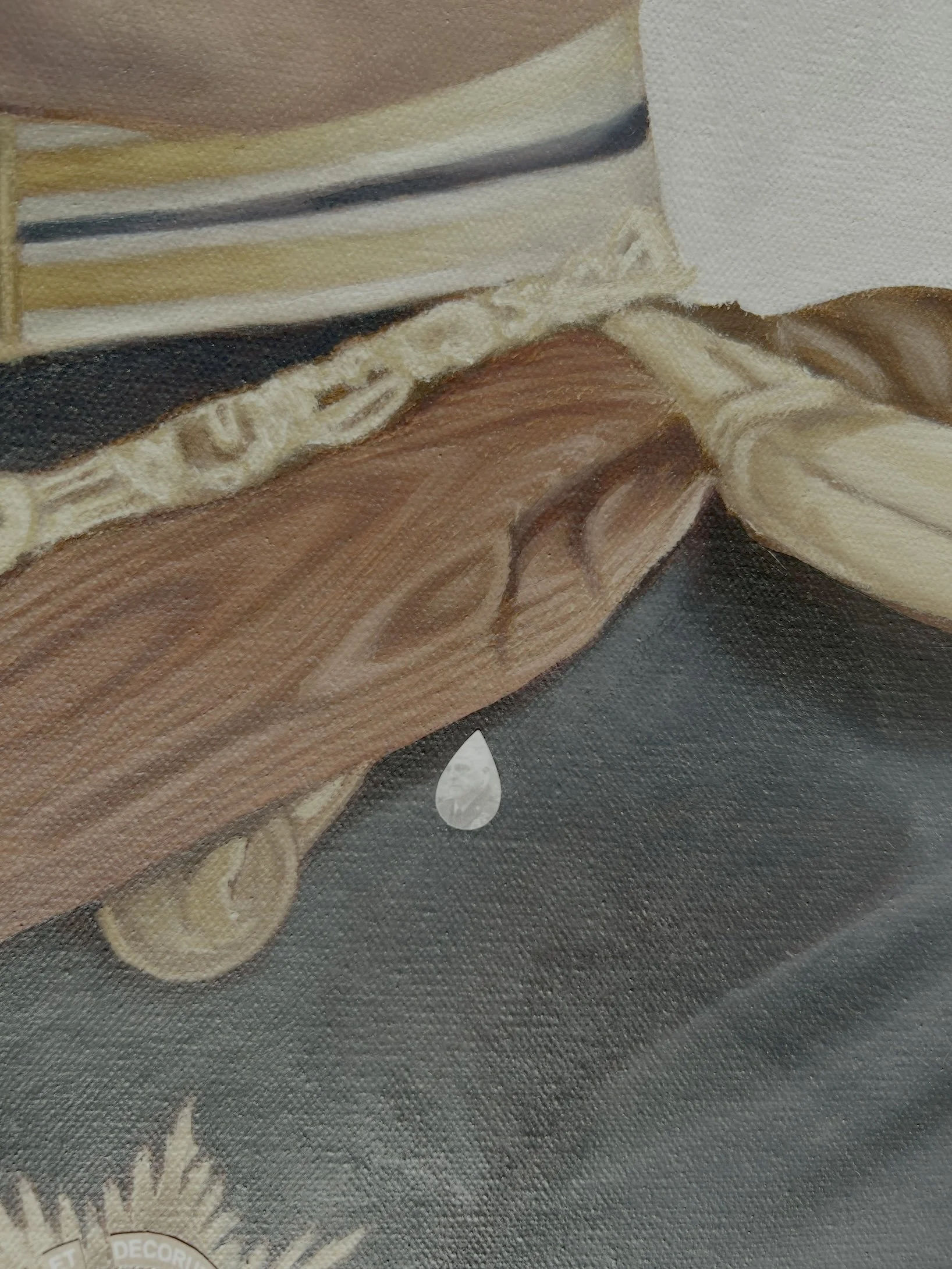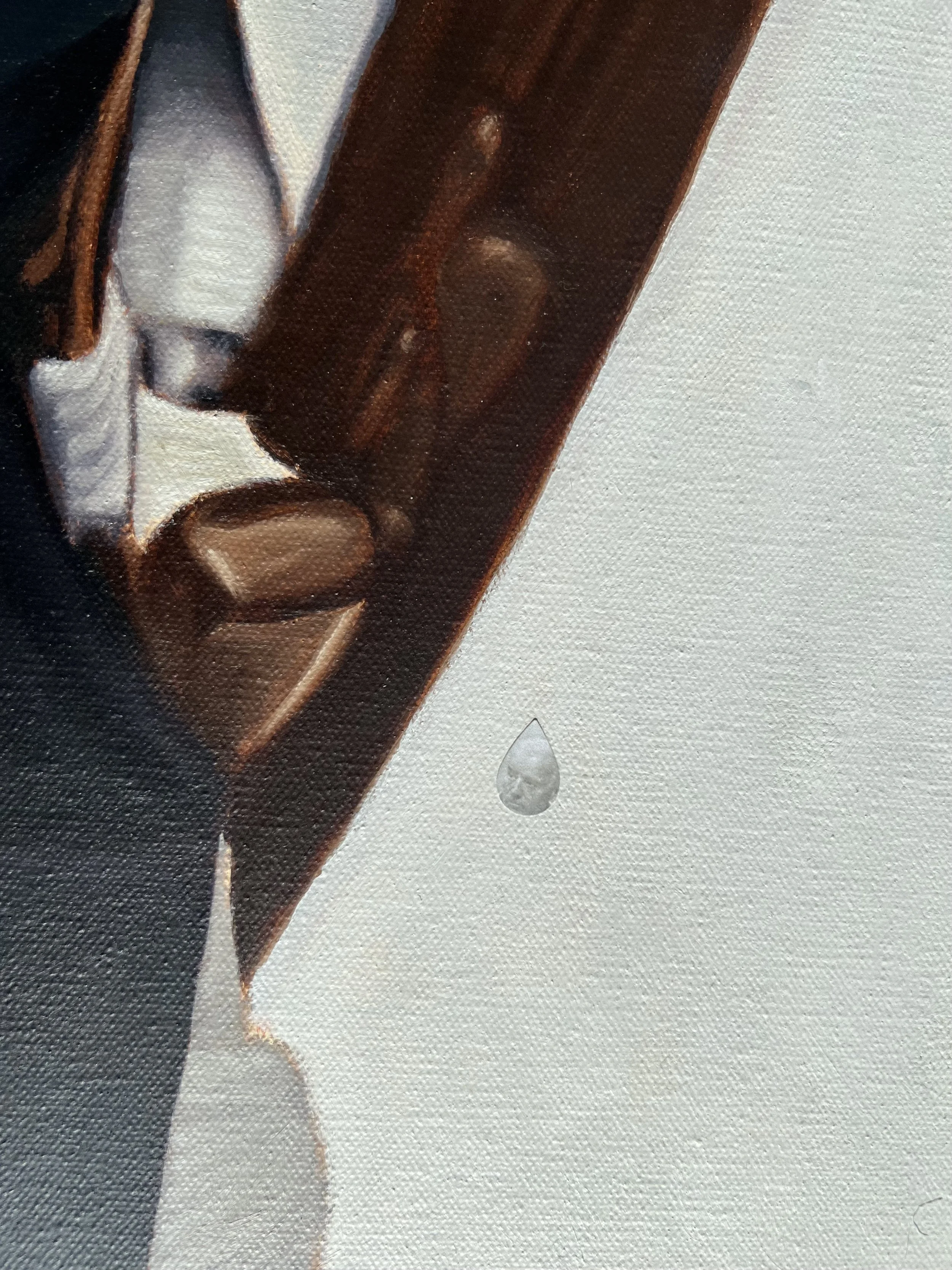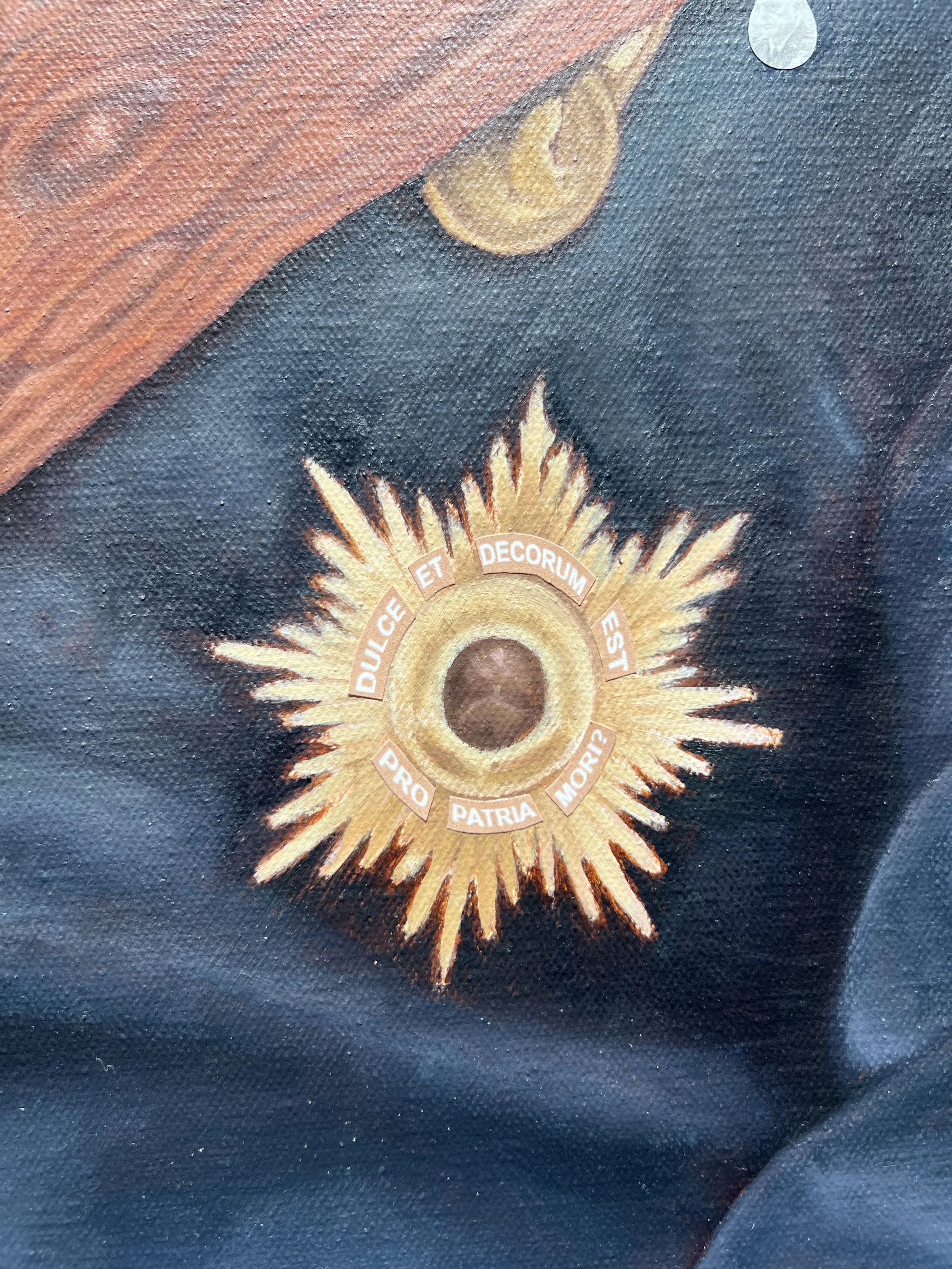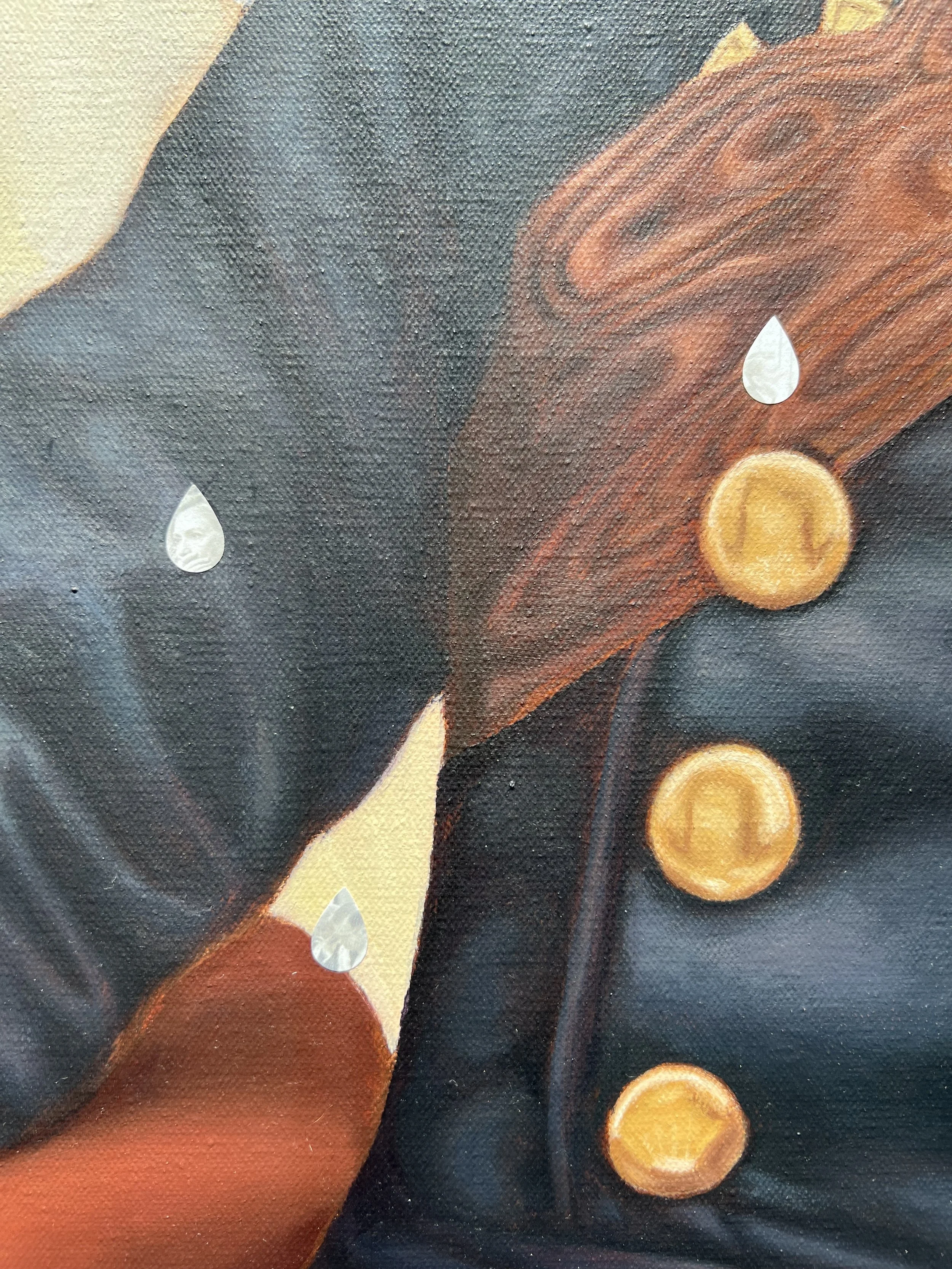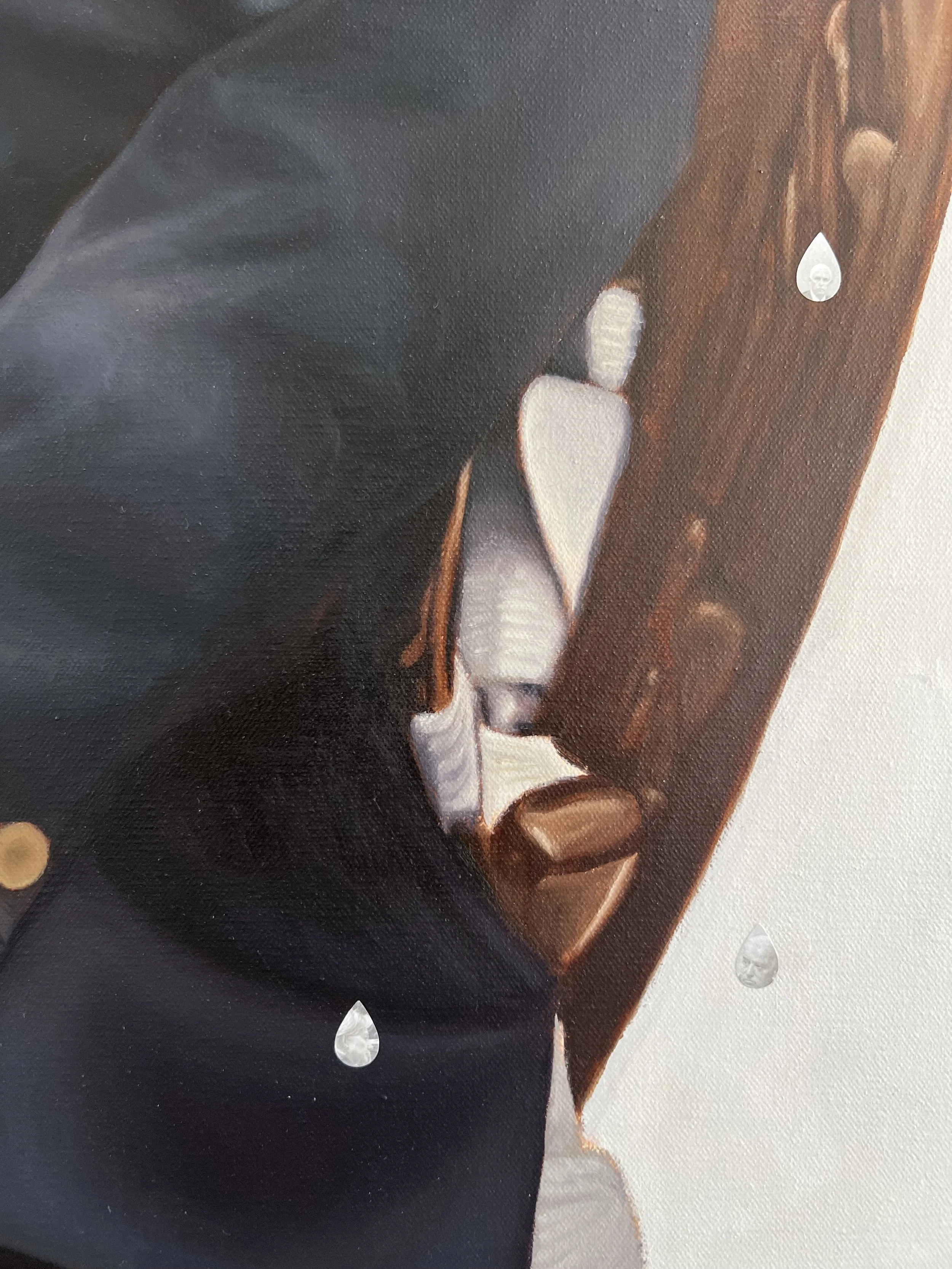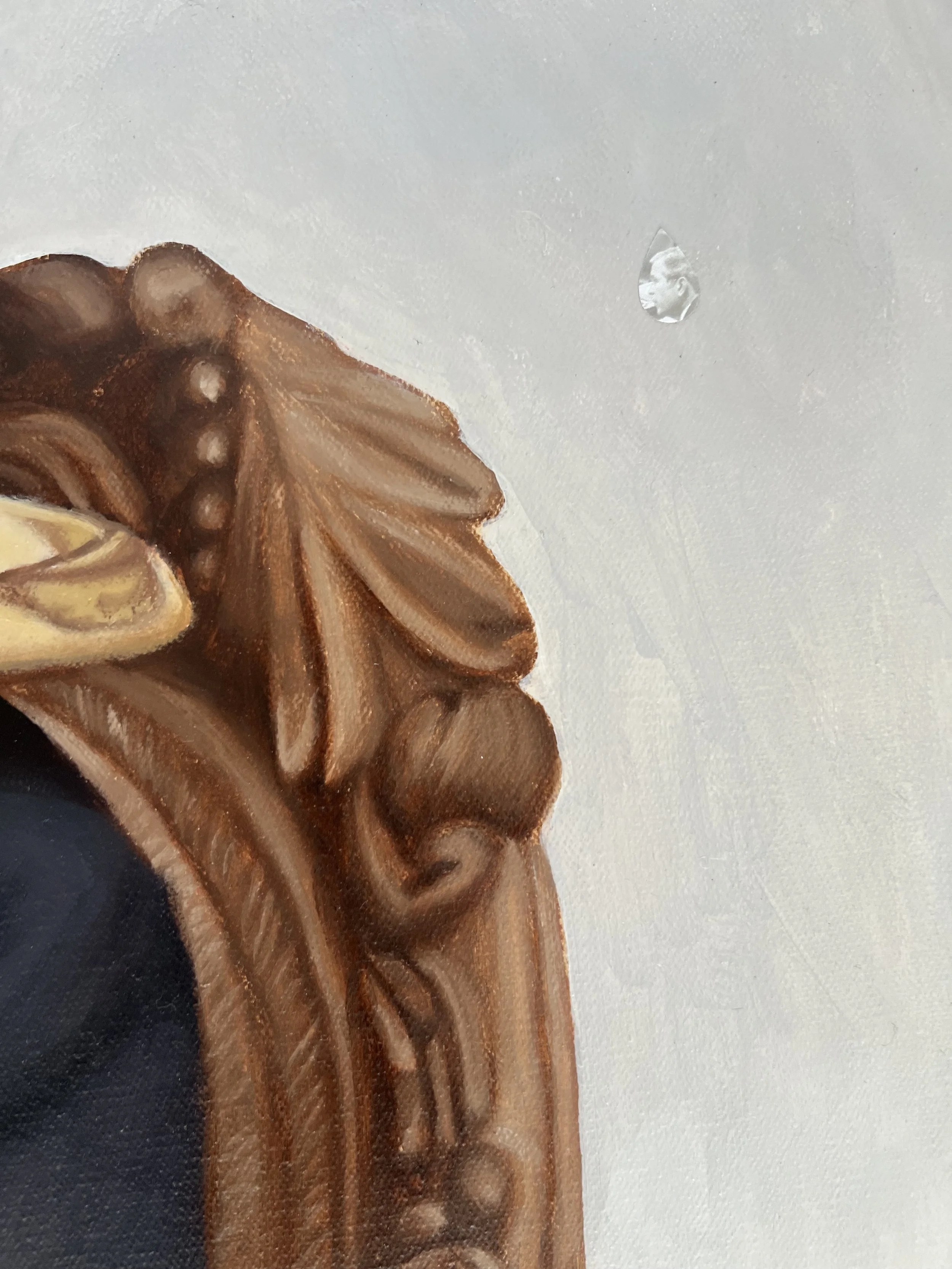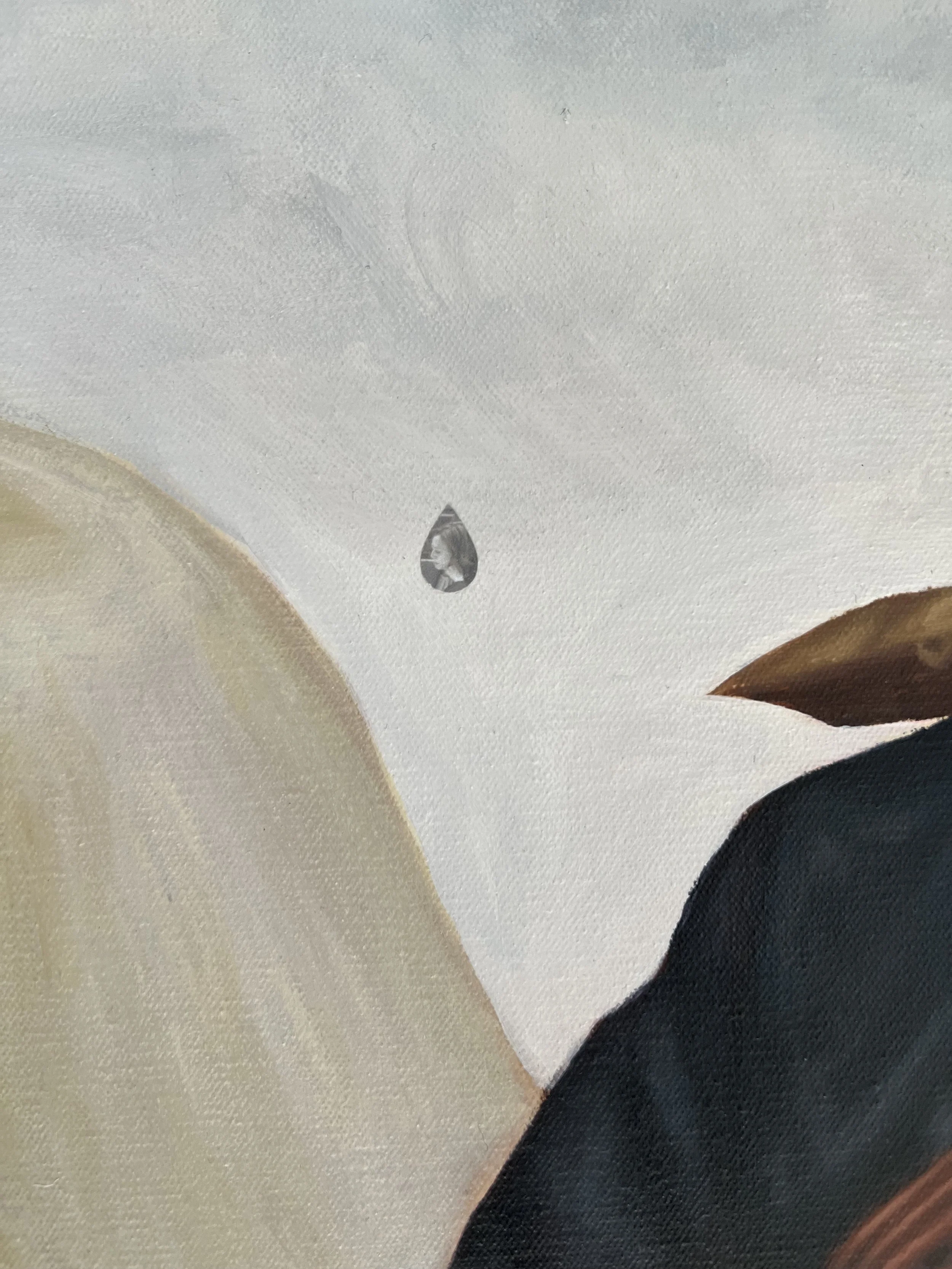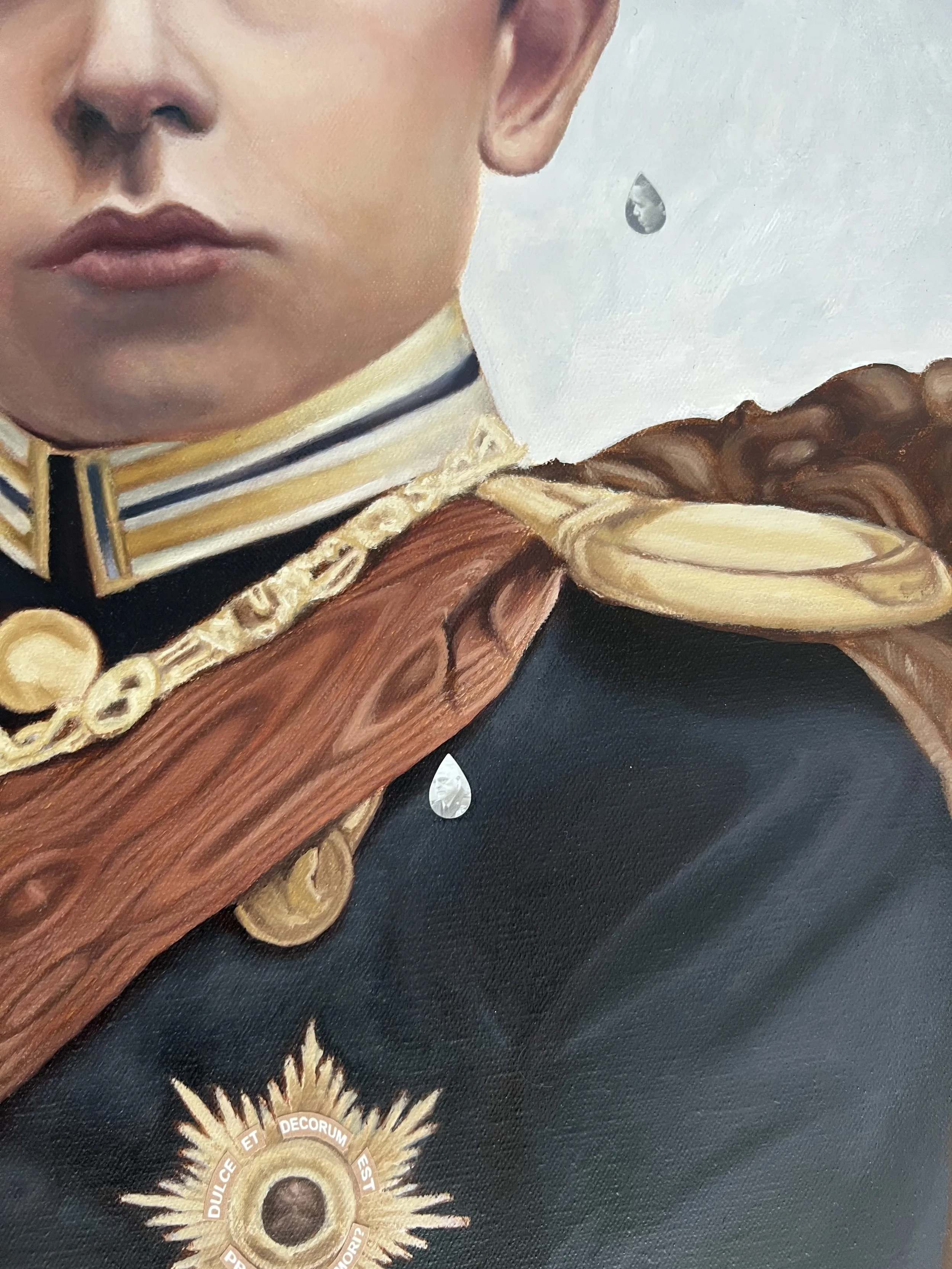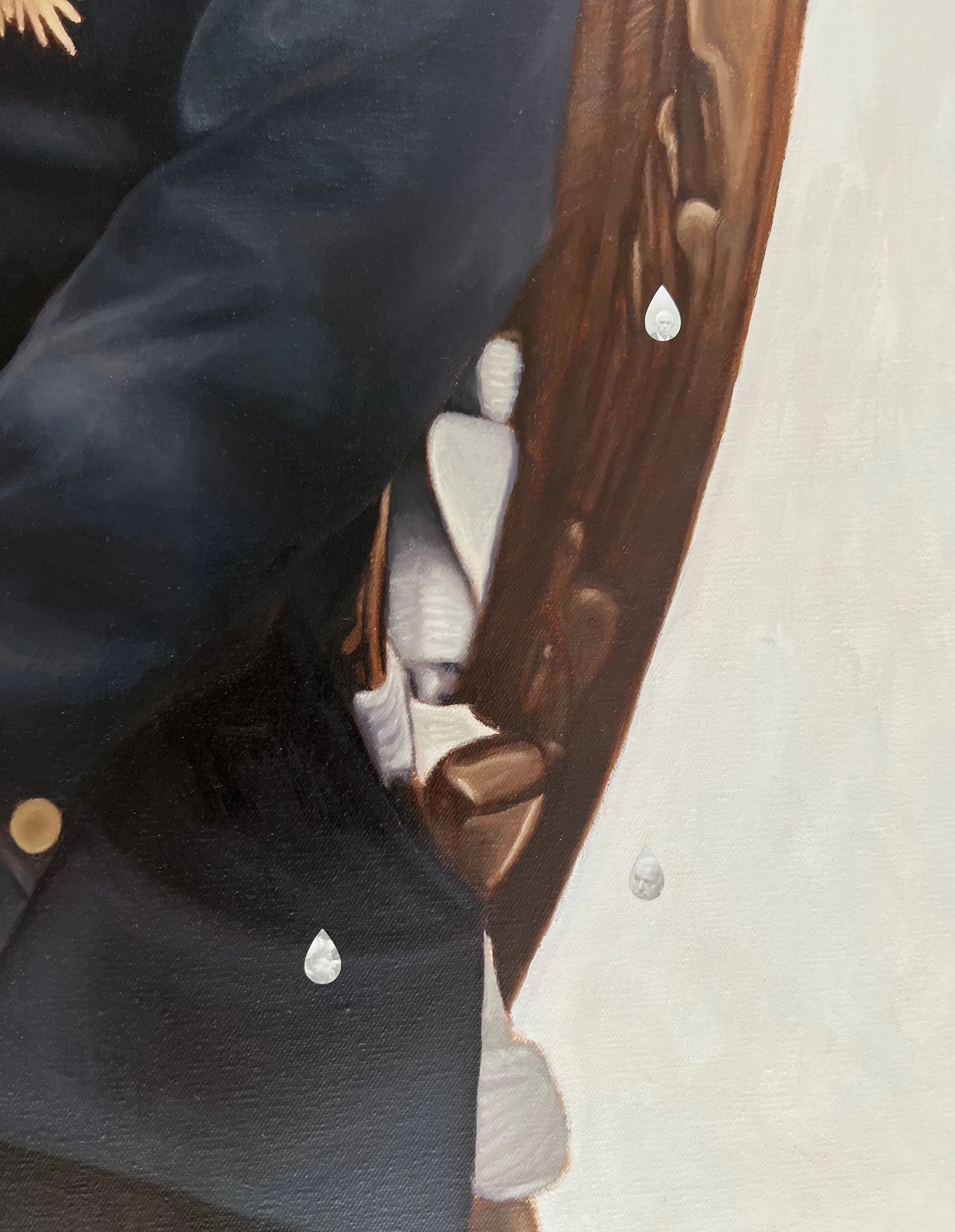I, II, III
I, II, III
‘Dulce et Decorum Est Pro Patria Mori’ is a line from the Roman poet Horace - it means, “It is sweet and proper to die for one's country.” And the Ancient Romans could find truth in that sentiment. Death on the battlefield was the price of defending or extending their empire, and subsequently their home and way of life. Glory was bestowed to those who elevated their loyalty to the state above their own survival. Victory by the sword inspired story, song, and art.
In 1920, English poet and soldier Wilfred Owens borrowed Horace’s line to use in his own poem detailing the horrors of war he faced while in combat in WWI - a conflict largely fought by 18 and 19 year old boys who did not understand why the war had started and what they were fighting for. Owens crouched alongside his fellow privates as mustard gas was lobbed by the artillery of faceless enemies from thousands of yards away - soldiers were cut down by men that they would never see. Where was the honor in the trenches? Owens concluded, “If you could hear, at every jolt, the blood come gargling from the froth-corrupted lungs, obscene as cancer, bitter as the cud of vile, incurable sores on innocent tongues,– my friend, you would not tell with such high zest to children ardent for some desperate glory, the old Lie: Dulce et decorum est pro patria mori.”
Today, Horace’s line is etched in stone in Arlington Cemetery. And on the same app that this painting is posted, we can watch as men are killed by drones whose pilots sit behind computer screens and joysticks miles away.

